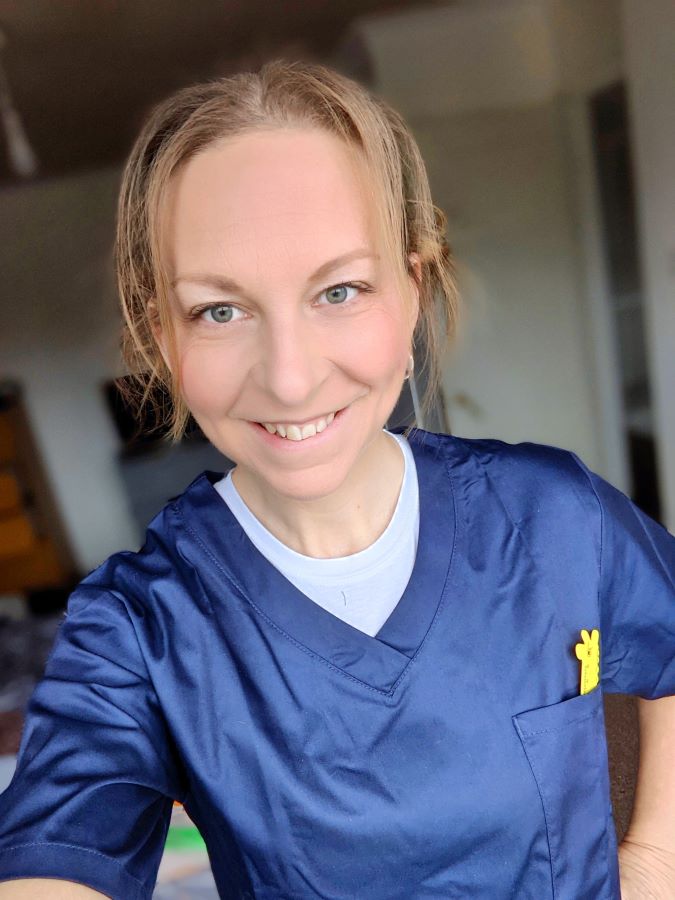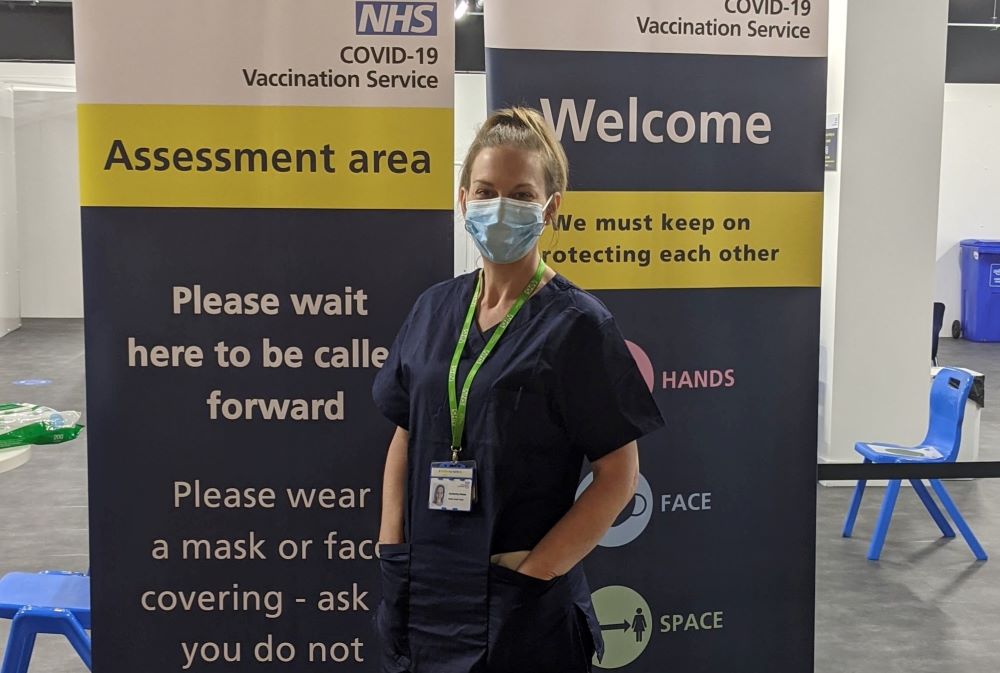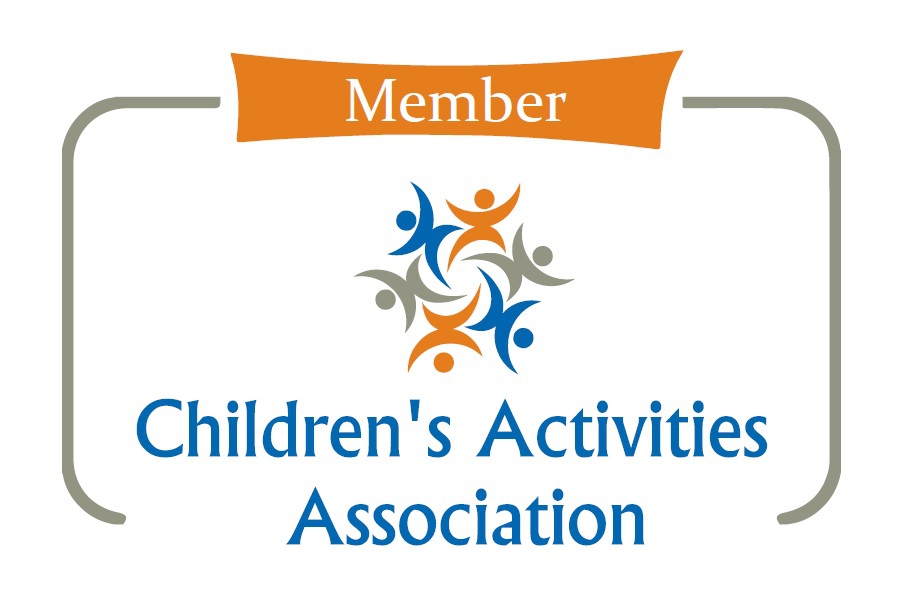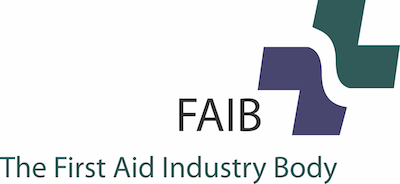We have some wonderful people working for Mini First Aid, and with so many of our first aid trainers having medical backgrounds, the COVID-19 pandemic has seen some of them returning to the front line. This week we hear from Kymberley Davies - superstar first aider, wife, mother and nurse - who tells us why she wanted to return to the NHS and get involved with the vaccine programme . . .
Hi, my name’s Kym and I run Mini First Aid Cambridge. In March 2020 I looked into returning to nursing - I felt an innate pull to return but little did I know back then how incredibly hard COVID-19 would hit our lives and the NHS. So far I’ve worked with NHS Test and Trace and as a Health Visitor, and now I’m working in the mass vaccination programme (as well as my Mini First Aid job of course!)
Kym, you must be run off your feet at the moment! Why was it so important for you to get involved in the vaccination programme?
This was a no brainer for me, I honestly could not wait to get involved. I’ve seen first-hand what Covid-19 has done to people’s lives: entire families affected, loved ones lost and businesses halted. It’s a privilege to be involved in this programme which will effectively pave an exit from lockdown and return us to a more normal way of life. I miss hugs, family/friend gatherings - simple things like family BBQs. I also want my children’s lives to be carefree again without having to be worried before accepting a hug from someone.
What training did you get and how did you find it?
I had to undergo extensive online training, including understanding how the vaccine works - it was incredibly interesting because I’m quite geeky really and love to know how something works, especially with regards to the human body! The training was in depth and covered both the Pfizer BionTech and Oxford AstraZeneca vaccine.
On first shift I was met by our Operations Lead, who went through what the job entailed very thoroughly. I have to say that the team I work with are fantastic, from the volunteers who come in each shift to support the public, to the upper management that constantly have their finger on the pulse. The support I get day to day in my role is faultless.
Describe an average day at the vaccination centre . . .
My job is like being a ward sister supervising an entire shift, so this means my day at the vaccination centre starts up to an hour earlier than everyone else! We are open 7 days a week, some days from 8am til 8pm, but our hours depend on what vaccine we have available at that time.
My day starts with checking the vaccines and the number we have in stock, ensuring the cold chain has remained stable overnight (the vaccine needs to be stored between certain temperatures). I then allocate my staff for the day - on a busy day I have around 24 staff in the centre.
We have capacity to vaccinate 500 people per day and at busy times vaccinate 1 per minute! As my job is to make sure the process is seamless and there are no backlogs through the one-way system, I clock up a lot of steps around our little centre – 6km of walking is my record!
We all wear PPE and scrubs, hand washing and hand gel is used constantly to ensure no cross infection and we are all tested with lateral flow tests twice a week.
At the end of the day, I count the number of people vaccinated, stock check the vaccine, lock up again and go home, sometimes treating myself to a nice glass of wine once the little ones are in bed!

Phew Kym, that sounds hectic! It must be so rewarding though . . .
What I see is relief: I have seen tears of joy and tears of relief, and I’ve even cried with some of our patients when they tell me their stories of loss or illness as I can feel the emotions behind their stories. I have watched people who are petrified to leave their homes after shielding for months on end, some who are afraid to even sit down, but with the caring support and reassurance from our team they can be supported through the vaccine process and usually feel a great sense of relief once it is has been administered.
One of the biggest issues I see is needle phobia. It can be debilitating. When I know that someone has a true needle phobia, I get them through the centre as quickly as possible because sitting and waiting will often build up that fear in their head (the thought is always much worse than the actual reality of the injection). We use distraction, chatting away with the patient about nothing in particular (something I’m good at!), and someone else will just get on with the vaccination, often leaving the patient surprised that it has been done! I always think it’s so incredibly brave of someone to bring themselves to be vaccinated when they have such a severe fear of needles.
And how does being involved in the vaccine programme make you feel? What have you got out of it Kym?
I hear stories at every session from people who have lost loved ones, cared for unwell relatives, caught COVID-19 and been very unwell. But what I hear over and over and again is how wonderful the vaccination process is, from the booking at the start to the seamless journey through our centre. What a feat it is to achieve a mass programme on this scale! I am proud to be a part of it and I will always be proud to be a part of our NHS. I want to thank our NHS for the opportunity to be involved and for enabling the vaccination of our nation.
Kym, thank you so much, we think you are amazing and Mini First Aid and the NHS are so lucky to have you!







